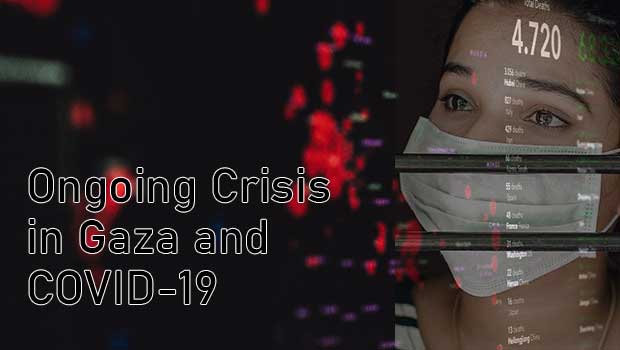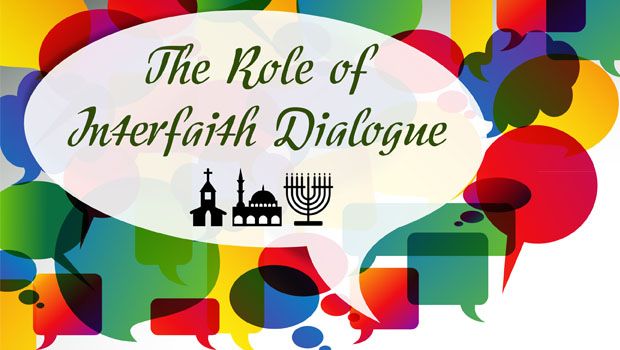Much of the world was aghast as CNN broadcast the gruesome images of Black Africans, bound and tethered like animals, being prepared for sale in a stockyard bustling with potential buyers. This market in the former Italian colony of Libya was auctioning not camels or goats, but people, human beings to be bought and used as slaves. The assault on one’s sense of reality and justice continued as scenes of captive men, and some women and children, were terrorized by goons wielding guns, sticks, batons, and even machetes.
As if media-captured scenes of flesh peddling were not revolting enough to jar human sensibilities, some former captives related that their organs had been harvested, against their will and with little to no regard for sanitary conditions or anesthesia. Libya has become the major transit point for illegal immigrants trying to flee griping poverty in their home countries such as Nigeria, Gambia, Ghana, and Ethiopia. Even though over 3,000 Africans have perished each year since 2013 in the journey to Europe to pursue a better life, according to the UN agency, the International Organization for Migration, thousands continue to embark on this perilous trek. After arriving in the North African nation, migrants are crammed into detention centers that are grossly over-crowded, festering grounds for robbery, rape, and murder, as detailed in a recent United Nations report.
Libya today is a failed state, mired in chaos, destruction and killing by warring factions, and infiltration of ISIS and other extremist fighters
Libya today is a failed state, mired in chaos, destruction and killing by warring factions, and infiltration of ISIS and other extremist fighters. The political turmoil and lawlessness follows Western intervention in 2011 when NATO forces, in conjunction with strategic and intelligence support, and naval missiles from the United States, bombed Libya in a concerted effort to defeat the Libyan military and remove the longest, continuously-reigning leader on the African continent, Muammar Qadhafi. In the aftermath of NATO’s unrelenting aerial assault, government buildings, residents’ housing, infrastructure of the capital, Tripoli, as well as in Benghazi, Sirte, and other population centers, suffered near-total devastation. Libya’s sophisticated desalinization system, high-tech, elaborate irrigation network, extensive telecommunications, and transportation systems were reduced to rubble by the constant bombardment of the country by NATO.
Colonel Qadhafi led the Free Officers Movement in the September 1, 1969 ouster of Libyan King Idris I. King Idris ruled Libya from the time the nation received its independence in 1951 to his 1969 overthrow. In 1951, Libya was deemed the poorest nation in the world. Six major oil fields were discovered in the country in 1959, with 40 countries given concession contracts to drill and explore for the precious crude. At the time of NATO’s destruction of Libya and the subsequent capture and murder of Qadhafi in the streets by Libyan rebels, Libyan crude was highly valued because of its unusually low sulfur content. Ninety percent of Libya’s oil was sold to Europe, and some political observers contend that NATO’s bombing campaign against Libya was more about securing the sweet Libyan crude for European oil oligarchs than removing a declared dictator.
Qadhafi: Pariah or Liberator?
Muammar Qadhafi was considered a political pariah and supporter of terrorism by most Western governments during his 42-year rule in Libya. But to most African, Latin American, and Asian liberation movements, and countries attempting to throw off the yoke of colonialism and neo-colonialism, Qadhafi represented a valued financial and ideological supporter of their political ideals. To many Libyans, Qadhafi was a brutal dictator who abused his power while entrenching his family members and loyalists in power. Other Libyans chose to emphasize the fact that during his rule, Libya had the highest standard of living in Africa; that before Qadhafi, Libya’s literacy rate was 20 percent and under his rule literacy rose to 83 percent of the population; that health care was free and of high quality to every country resident; that housing was considered a human right; that electricity was free; that newly married couples received $50,000 from the government; that the government paid 50 percent of the cost of automobiles for any Libyan; that the government provided free secondary and college education; and that Black Africans were given positions of responsibility in all sectors of Libyan society.
Shortly after Qadhafi’s extrajudicial execution, freelance and mainstream journalists from around the world began reporting that Black Libyans and Black migrants from sub-Saharan countries were being summarily dismissed from their jobs, harassed, beaten, and even killed by mob violence. NPR’s West African reporter was told by a Turkish oil worker in 2011, “We left behind our friends from Chad. We left behind their bodies. We had 70 or 80 people from Chad working for our company. They [Libyan rebels] cut them dead with pruning shears and axes, attacking them, saying you’re providing troops for Qadhafi. The Sudanese, the Chadians were massacred. We saw it ourselves.” One of the ironies of the “liberation” of Libya by rebels is that many of these same rebels hunted down, lynched, and even massacred Black Africans across Libya, many of whom had been living in the country for decades. These paroxysms of racism and violence were unleashed when the established law and order were destroyed by the removal of Qadhafi.
In a poignant essay written by Mahdi Darius Nazemroaya, entitled “The Racialization of the War: Libya and the ‘Clash of Civilizations,’” found in the book “The Illegal War on Libya,” edited by Cynthia McKinney, Nazemroaya writes, “In the eyes of NATO and the so-called West, Libya’s crime was how it distributed and used its wealth, its lack of external debts, and the key role it was attempting to play in continental development and curtailing of external influence in Africa. Tripoli was a spoiler that effectively undermined the interests of the former colonial powers. The Jamahriya (Libya) had taken on some hefty pan-African development plans intended to industrialize Africa and transform it into an integrated and assertive political entity. These initiatives conflicted with the interests of the external powers competing with one another in Africa, but it was especially unacceptable to Washington and the major EU countries. Accordingly, Libya had to be crippled and neutralized as an entity supportive of African progress and pan-African unity.”
Whatever one thinks about Qadhafi, nothing justifies the disintegration of a viable sovereign nation into a cauldron of violence, disunity, racism, and suffering — a true humanitarian crisis — because another nation or a coalition of nations decided that the leader had to be taken down. While the West spouted noble intentions – “to protect civilians and civilian populated areas under threat of attack,” taking out a dictator and sending a message to dictators everywhere, or supporting the Libyan “freedom fighters” — these were pretenses intended to conceal much more crass motivations, always revolving around supremacism (exceptionalism, racism, sexism, elitism), greed, and lust for power. Supremacism in all its forms is a virulent cancer, whether it’s used to justify regime change or the enslavement of a human being. Who could believe that in the 21st century we would see images of chattel slavery in real time? But then who would have believed that a man who stokes the fires of racism, fanatic patriotism, sexism, and xenophobia would be elected president of the United States!






